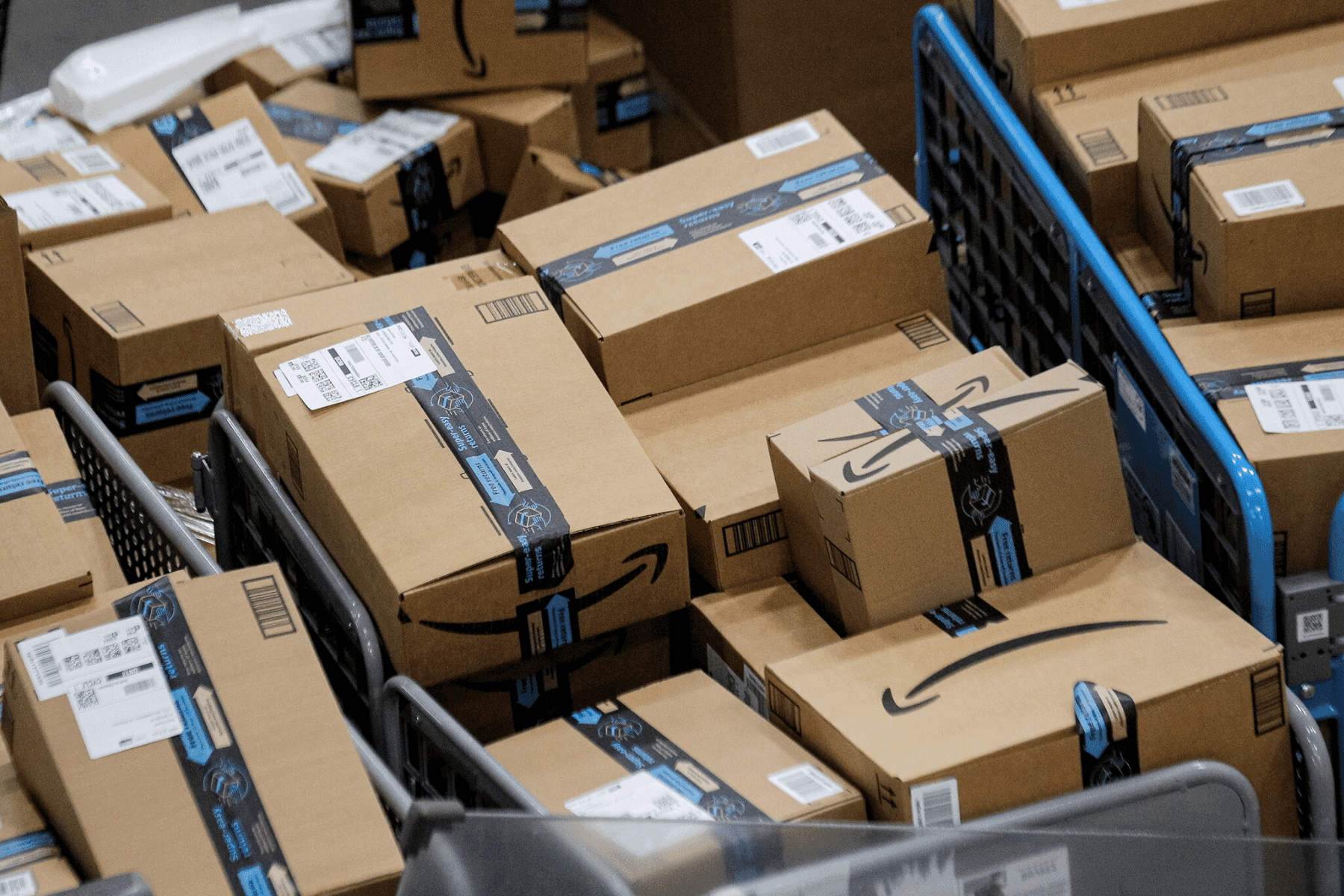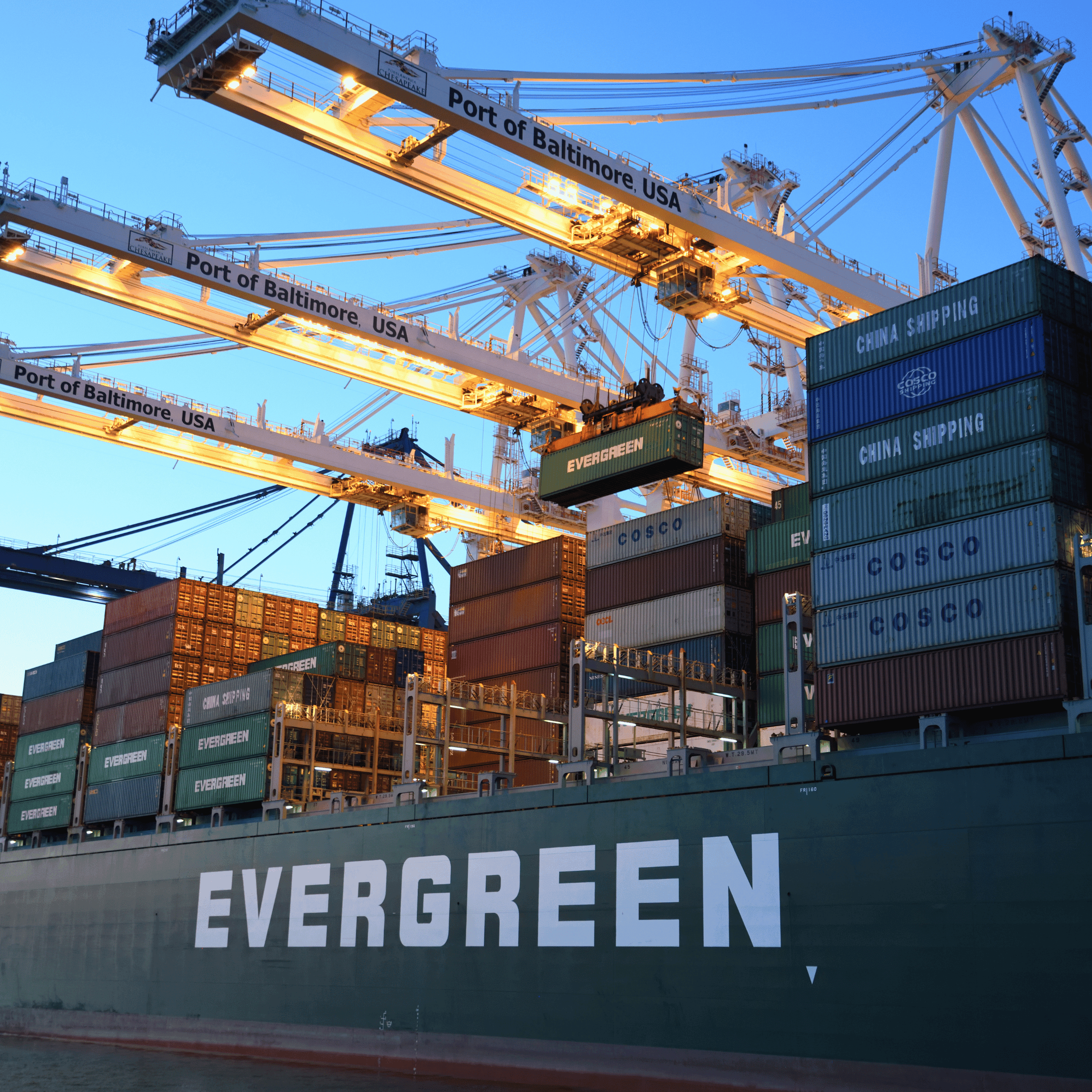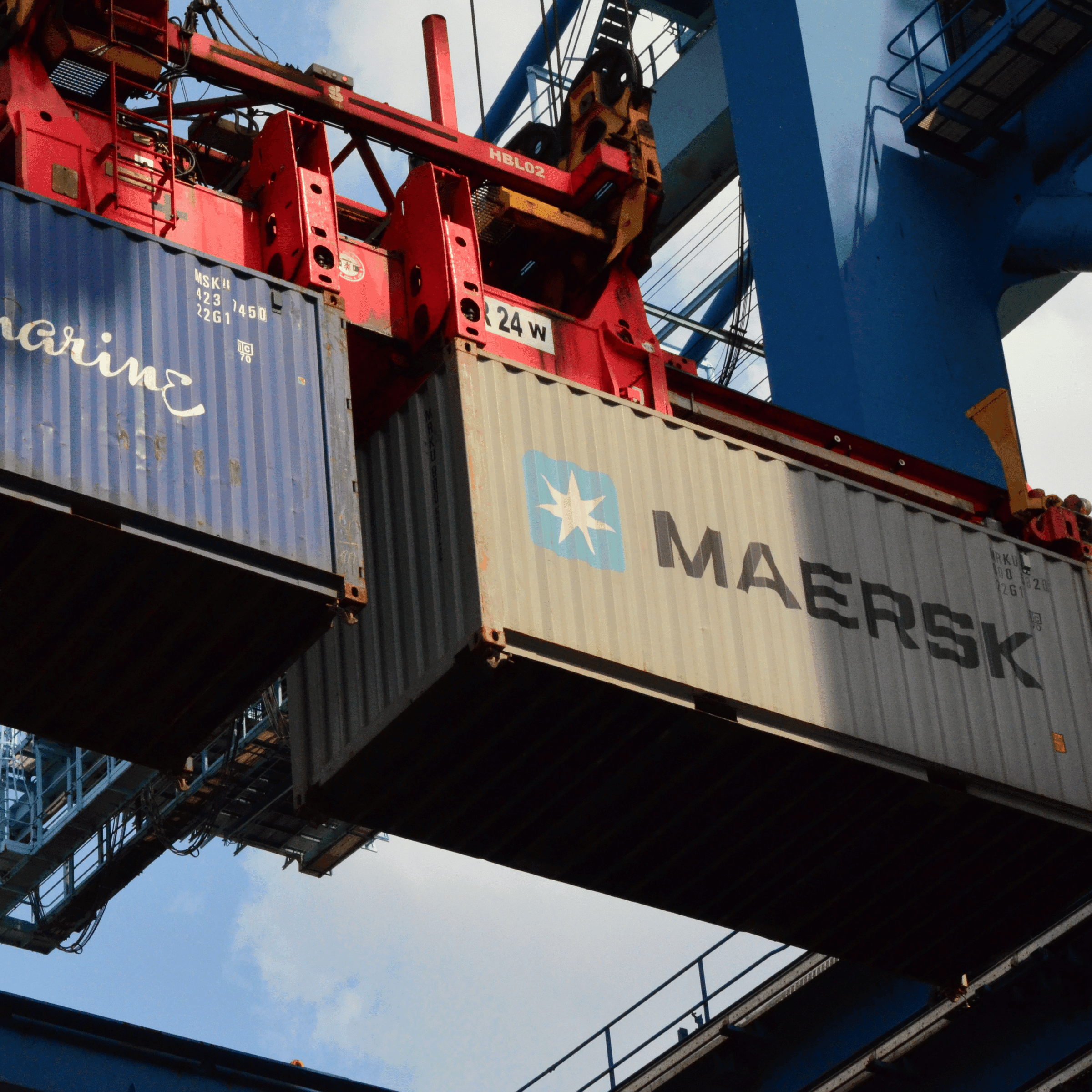You sell products. Your customers buy them. You send the customer the product, and receive money in exchange. You add a black entry to your ledger.
Except, not always. Sometimes, for any of a million and one reasons, customers return products. Perhaps the item was damaged; perhaps it did not meet expectations; perhaps you shipped the wrong item, albeit accidentally.
Either way, to offer a high level of customer service in the modern era, an airtight returns management system with established protocols and reverse logistics processes is absolutely essential.
The thing about processing returns is that it is costly and time consuming. This is why some businesses outsource to a 3PL for returns management services.
Here’s what you should know about why a qualified returns management solution is necessary and what sorts of problems it can solve for your organization.
What Are Returns Management Services? Why Is a Returns Management System Necessary?
To keep it as brief as possible, a returns management system is one that offers end-to-end after sale care to the customer.
These reverse logistics services include managing the entire returns process from start to finish, as well as tracking returns-related data in a centralized system using supply chain management software.
That is, of course, a high-level overview of what returns management services offer – basically, they are services that account for accepting and processing returns, and then tracking and analyzing the return data through returns management software.
Now, having an effective returns management system in place is essential to customer service, given the fact that as many as 40% of online purchases result in a return – it’s over 16% for all retail and eCommerce channels.
Without an effective returns management system, you risk losing business due to failed customer expectations or a low-quality experience. You also risk failure to catch fraudulent returns, and losing money on inefficient processes that cost more in time and human resources than they should.
So let’s cover some of the real world issues that adopting a 3PL’s help for returns management services can help you solve.
How a Solid Returns Management System Solves Headaches
There are numerous benefits of adopting an effective return management system, and just as many if not more to hiring a 3PL for returns management services.
Less time wasted processing returns; increased profitability and productivity: Unless you have well-established protocols for your returns process, whatever your employees are doing whenever a return comes in is probably not economically viable. Moreover, developing a process is time consuming, and having employees work on it in house is expensive, especially if returns volumes fluctuate seasonally. Outsourcing can leverage industry experience and pre-established returns protocols to your advantage, boosting productivity and profitability by reducing costs and wasted time.
Scalability: Developing an effective and efficient returns management system in house is inherently expensive and will occupy no small matter of human resources, time, and requisite experience. Many 3PL providers already have established protocols that they can use to your advantage, benefiting both of you.
Fewer crediting errors: Knowing what to do with a product when a return comes in is part and parcel (excuse the pun) of the process. Following item counts, verifying products, and communicating with vendors can be time consuming and expensive aspects of managing returned items. However, a 3PL with an established process following well-established routines can help cut the expenses associated with vendor crediting.
Enhanced ability to catch (or avert) fraudulent returns: Fraudulent returns cost retailers and e-tailers countless dollars every year. A 3PL can help minimize expenses associated with this unfortunate cost of offering returns.
Improved customer satisfaction, potentially higher loyalty: Improved automation and faster returns are less of a headache not only for you but are also more user-friendly for your customers. Processing their returns, and refunding them quickly, not only improves the customer experience but can positively impact retention by encouraging customers to repeat business.
Reduction in waste, emissions, and overall carbon footprint: Unfortunately, not all returns should (or even can) be put back on the shelf. But, with an advanced returns management system, you can reduce waste and ensure as much of your inventory avoids landfills (or recycling centers) as possible, minimizing the overall environmental impact of your supply chain.
Superior data tracking: Working with a 3PL that has established protocols for returns management will offer increased visibility into returns trends, allowing you to track common issues with specific products or product categories with respect to customer perception – among other things.
What Businesses Benefit from Outsourcing for Returns Management Services?
There is no limit on the number of businesses and industries that can benefit massively from outsourcing to a 3PL for returns management services, but among those are manufacturers and wholesalers, retailers, and eCommerce businesses, especially those in the electronics, fashion, and other consumer sectors.
Snapl Solutions is here to help with advanced returns management capabilities that streamline your entire reverse logistics chain with economic processing, restocking, refurbishing, repairing, recycling, liquidating, and even destroying or donating, where applicable.
We’re here to help you completely reimagine your reverse logistics supply chain – in a good way. For more information on how we can help you scale operations and improve profitability, contact us at 800-966-3478.






